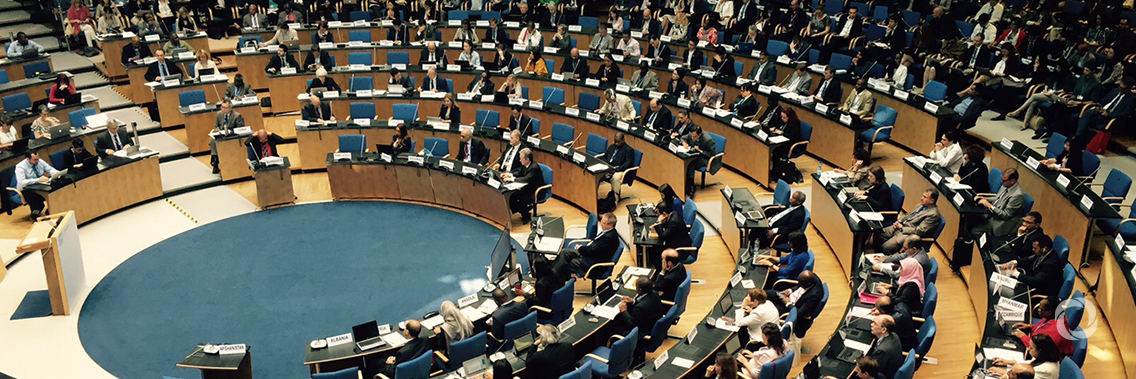Nineteen developed countries put their climate actions out in the open this week at the Bonn session on transparency known as Multilateral Assessment.
The sessions showcased the targets and strategies of developed countries, as well as the concrete climate actions they are taking to meet their 2020 emission reduction targets, which are crucial to achieving the goal of limiting global warming to 1.5 degrees Celsius, in line with the central goal of the Paris Climate Change Agreement.
The developed countries outlining their progress towards their 2020 targets included: Australia, Croatia, Denmark, Finland, Iceland, Ireland, Italy, Japan, Liechtenstein, Malta, Monaco, Norway, Poland, Romania, Russian Federation, Slovenia, Spain, Sweden and the United Kingdom.
The sessions showed how climate actions are improving as countries integrate lessons learned from previous policy cycles, and the portfolio of climate actions continues to expand as countries deliver towards meeting their strong political commitments.
Not only were the 2020 climate action targets on show, countries referred to their 2030 targets under the Paris Agreement, demonstrating that the short-term 2020 targets are essential stepping stones to reach the mid- and longer-term targets.
Many countries also outlined their ambitious goals for carbon neutrality by 2050. For example, Finland announced it will be carbon neutral by 2035 and carbon negative soon after and Sweden has a goal for net zero emissions by 2045 with negative emissions thereafter; and other countries, such as UK, Ireland and Slovenia are legislating these goals into Climate Acts.
The showcased climate actions included:
- Emissions trading and carbon and energy taxes, which are delivering by far the most significant emission reductions; they also raise significant funding and send a price signal to businesses and consumers.
- Renewable energy targets, feed-in tariffs, green energy banks (Australia’s Clean Energy Finance Corporation is the world’s largest green bank) and competitive tendering. Spain is aiming for a 100% renewable electricity system.
- Incentives and infrastructure support for electric vehicles including the world’s first electric vehicle ferries (Norway) and two countries banning petrol cars nationally by 2030 (Iceland) and 2040 (United Kingdom).
Countries also emphasized that the experience in building institutional and policy frameworks to meet their 2020 targets has been important while implementing more ambitious national climate contributions under the Paris Agreement.
Original source: UNFCCC
Published on 27 June 2019

